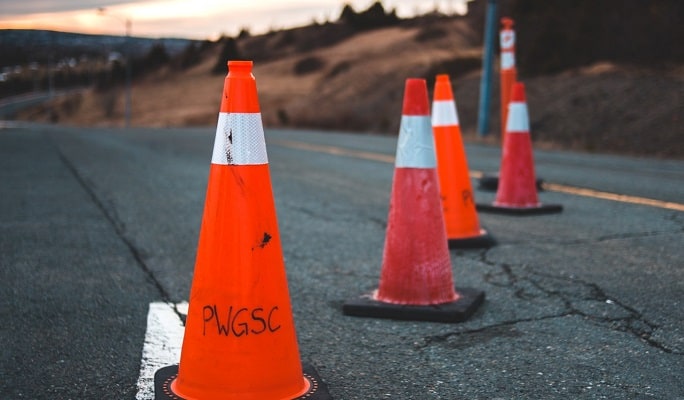
Is sports betting in South Africa legal?
Is sports betting in South Africa legal?
Yes, sports betting in South Africa is indeed legal. There are however a few additional aspects to explore or understand on this subject. Let us look at a few of these, as the legality of online sports betting in SA is concerned. First and foremost is the regulatory regime and the requirement for sportsbooks, whether land based or online, to be duly licensed. Local provincial regulatory authorities grant betting licenses to operators. Since there are nine provinces in South Africa, there are also nine regulatory authorities, one per province. You can read more specifics on the South African provincial gambling and betting regulators on our betting law page. This page covers several different aspects of betting law as it applies in the country.
Be aware, be wary of false representation
As it stands, the placing of a bet based on the outcome of an event is entirely legal. Sports betting is the only form of gambling currently permitted on the internet in South Africa. Several sportsbooks are licensed to offer betting services. Be it land based or online, they would generally include a reference to this fact on their website. To the contrary, there are also several unlicensed online operators that offer their services in the country. Such operators might hold a license in Europe. But to operate legally in the country, the operator requires a South African issued betting license.
The proof is in the pudding
Through our research we had established contact with a non-licensed sportsbook. The support representative went as far as to say that the European authority, that issued their license, also covers South Africa. This is true in part. However, ignoring the most crucial aspect. This specific operator does not hold a license specifically in South Africa. So, if it accepts business from South African residents, it is doing so illegally. As a consequence, any potential complaints related to misconduct, cannot be heard in South Africa. In plain English, should you win with such an operator, you might not get paid. Then even if you do get paid your winnings, you run the risk of prosecution for doing business with a non-licensed entity in South Africa.
“A fool and his money are easily parted” – do not be fooled into spending your hard-earned income with non-licensed operators. See our ten best online betting sites page for a list of at least 10 of the best legally licensed sportsbooks in South Africa.
What can unlicensed operators do to help protect South African residents from participation?
A few ways exist for non-licensed operators to completely exclude South Africans from their business. One of which and probably the most effective, is exclusion based on the website visitor’s IP (Internet Protocol) address. When you are connected to the internet your IP address is your unique identifier. Devices such as a personal computer, mobile phone, tablet or other internet enabled device use IP addresses. Your IP address plays host to several pieces of information. Thereby identifying you, such as country of origin, locality and your ISP (Internet Service Provider). It can even be determined if you are connecting to the internet or visiting a website through a proxy or VPN (Virtual Private Network). It does so by running comparisons against known supplier databases.
Non-licensed online betting or gambling operators could therefore block incoming traffic based solely on country of origin. They can display a message stating their reasons for doing so. Usually, larger, more established and reputable internationally licensed operators would do exactly this. Operators are subject to audit in the jurisdiction(s) where they are licensed. And operating in clearly illegal jurisdictions may result in an operator’s license being revoked. The licensing authority could also issue fines to operators accepting business from countries that require specific licensing. Hence licensed betting and gambling operators are very careful to do what is required to ensure business continuity.
Could the government step in to offer additional protection?
Another method used in some countries, is for the government to apply law enforcement. So, protecting their residents, by working with ISPs in the country to block access to clearly illegal websites. One could of course argue that this is a double-edged sword. Since there is a very fine line between freedom of information and being subject to this form of law enforcement. In other words, the ability to access any website one would want to. South African lawmakers do not restrict access to websites. It is down to consumers to do their homework before establishing a relationship with an unknown business entity. We are here to help!
A key question to ask
So you want to be sure you are not breaking the law by betting online. Also, to ensure your own safety as your money is concerned. Is this betting website licensed in South Africa? You would usually be able to answer this fundamental question with relative ease. Follow our very basic guide on licensed betting websites in South Africa.



